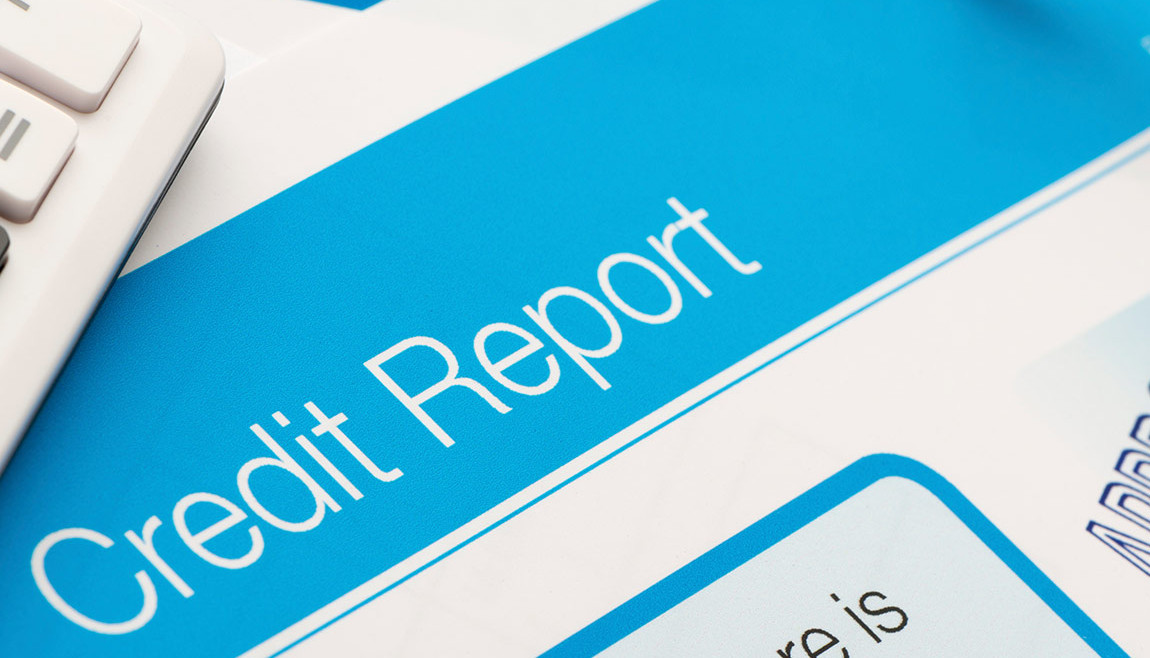Identity Theft and Data Security
https://bardolawpc.com/wp-content/uploads/2017/05/SecureYourFinances-ConsumerLawer.jpg 750 500 StacyBardo StacyBardo https://bardolawpc.com/wp-content/uploads/2015/09/LinkedIn-StacyBardo-BardoLawPC-150x150.jpgIdentity theft and data security top the consumer concern list. From data breaches to credit and debit card compromises, more and more consumers are impacted. Unfortunately, it’s no longer a question of if your data will be stolen but when.
A new crop of businesses now promise consumer protection. Some offer “dark web” checks. The dark web can’t be accessed by commonly used web browsers — you need a special browser to get there. The dark web isn’t all bad but it’s the place to buy and sell stolen personal information, often with Bitcoins or cryptocurrency. Businesses offering dark web monitoring may let you know your information is for sale. But they can’t remove the information once posted. When you are not dealing with legitimate agencies, they don’t cooperate with fraud victims.
Be aware of dark web monitoring limitations. Don’t pay for promises that can’t be kept. But dark web monitoring can let you know if your information is posted. This way, you can take your own action to limit your information’s use. Do this through credit freezes or two-step verification for online purchases.
The Consumer Federation of America’s survey shows that 36% of consumers don’t understand dark web monitoring services. Check out the survey results and other helpful tips at https://consumerfed.org/consumers-are-in-the-dark-about-dark-web-monitoring-services/.
There are plenty of no cost resources for identity theft victims. Visit the Federal Trade Commission’s www.identitytheft.gov, and the nonprofit Identity Theft Resource Center, www.idtheftcenter.org.
If your information has been compromised and you’re contacted by unfamiliar creditors or debt collectors, contact a lawyer for help. The federal Fair Debt Collection Practices Act and Fair Credit Reporting Act and state fraud laws provide redress for identity theft victims.




